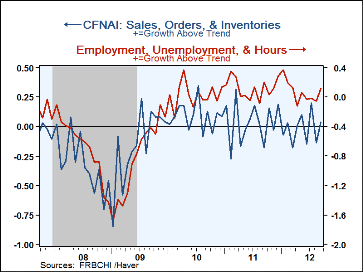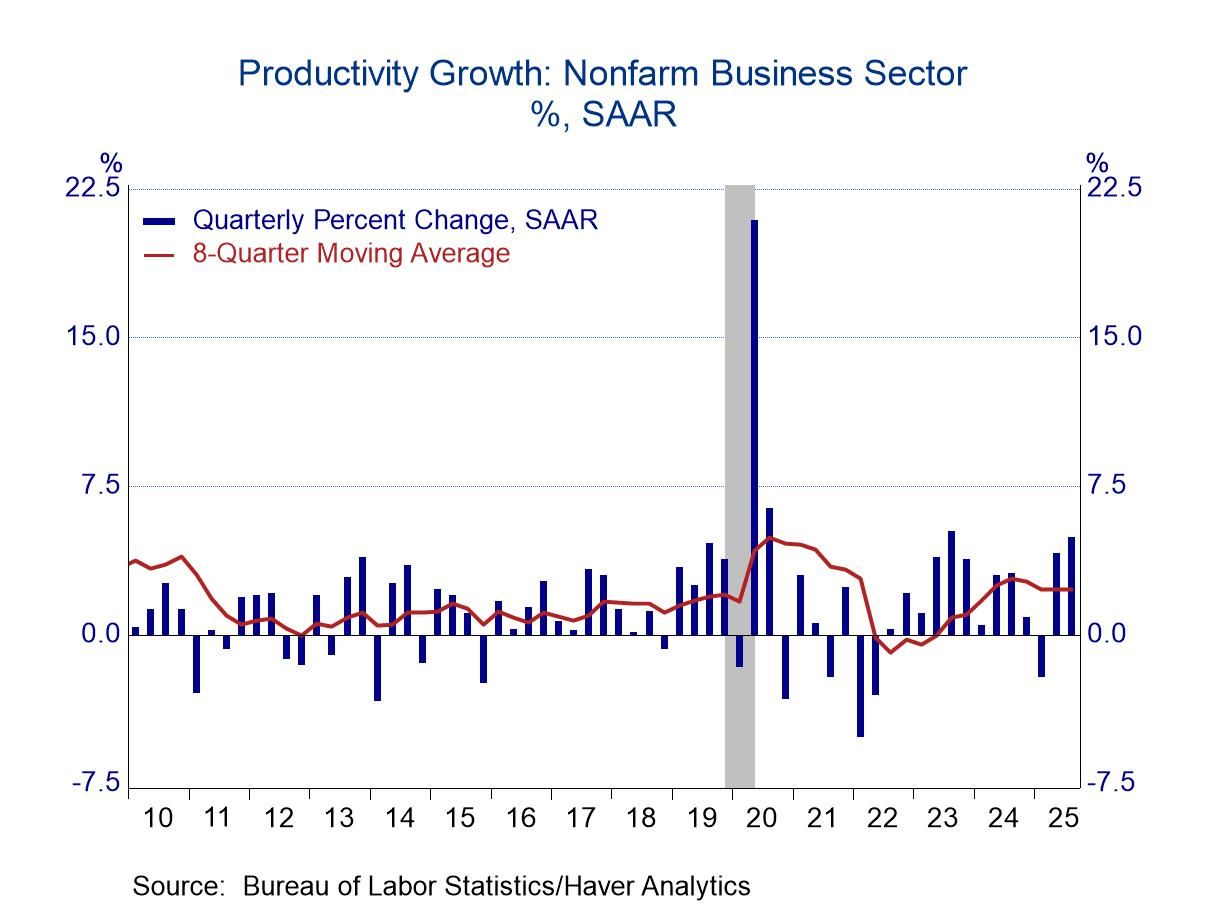 Global| Oct 26 2012
Global| Oct 26 2012German Expectations Begin to Get Hit Hard
Summary
By comparison with Italy, France and the UK, German consumers are feeling pretty good. Expectations are beginning to falter. But climate continues to show some very gradual improvement. German confidence in is the top 17% of its [...]
 By comparison with Italy, France and the UK, German consumers are feeling pretty good. Expectations are beginning to falter. But climate continues to show some very gradual improvement. German confidence in is the top 17% of its historic queue (higher only about 17% of the time). Contrast that to Italy where the consumer is worse off than the July reading only 2% of the time or the UK where consumers are worse off only about 25% of the time or France where consumers assess things as worse than the June reading about 54% of the time.
By comparison with Italy, France and the UK, German consumers are feeling pretty good. Expectations are beginning to falter. But climate continues to show some very gradual improvement. German confidence in is the top 17% of its historic queue (higher only about 17% of the time). Contrast that to Italy where the consumer is worse off than the July reading only 2% of the time or the UK where consumers are worse off only about 25% of the time or France where consumers assess things as worse than the June reading about 54% of the time.
Germany's metrics stand alone.
Even so German confidence is clearly under siege as all the troubles in the Zone have come home to roost with each and every member. The German economic assessment is the weakest of the three sub-indices we show (readings are current through July). It stands worse only 30% of the time. Meanwhile, Germans say that there is a better propensity to buy only 19% of the time. Incomes are better only 11% of the time; these are very impressive readings and they contrast sharply with the conditions in the rest of the Zone.
Indeed Spain is still struggling and Greece is awaiting the Troika's assessment in September of its 'progress.' Portugal is probably slipping behind its targets. In the UK there are some rumblings as the economy is mired is a still deep contraction amid worries that Osborne's economic plan, which has followed the German austerity model, is not bearing fruit. With the Olympic Games in the UK it will probably see some boost this month in activity and get a 'bye' from the markets but the UK is a candidate for more stress.
Europe has challenges. And even though Germans are relatively better off than most Europeans, their expectations are starting to cave-in and that will affect the current situation too. The GFK metric for Germany looks to the future. Its assessment is still up-beat even as the rest of the Zone with readings no fresher than June or July is still struggling with lower readings and generally worse momentum.
Mario Draghi's pledge today to do whatever it takes to save the euro has been taken positively by markets but in fact it seems a bit excessive. The ECB is not in a position to play the role of savior. Germany is the country with the most leverage and it is under more economic pressure as the Moody's warning of a downgrade this week reminded us. When Draghi pledges to do everything he can, does he mean to save the whole euro or juts the critical parts of it? Vague promises can be more reassuring than they should.
| Germany Consumer Climate Survey GFK | Other EU Members | ||||||
|---|---|---|---|---|---|---|---|
| Climate | Expectations | Propensity to | Consumer/Household Confidence | ||||
| Economic | Income | Buy | Italy: ISAE | France: Insee | UK: GFK | ||
| Aug-12 | 5.9 | ||||||
| Jul-12 | 5.8 | -5.6 | 36.3 | 35.8 | 86.5 | #N/A | #N/A |
| Jun-12 | 5.7 | 3.0 | 40.1 | 32.7 | 85.4 | 90.0 | -29.0 |
| May-12 | 5.7 | 19.6 | 32.0 | 32.0 | 86.5 | 90.0 | -29.0 |
| Apr-12 | 5.8 | 8.5 | 33.0 | 27.6 | 88.8 | 89.0 | -31.0 |
| Levels | Current | Lagged One Month | 2Mo Lag | ||||
| Average | 4.8 | 12.5 | 9.4 | 13.7 | 100.4 | 89.9 | -17.1 |
| Max | 9.1 | 69.5 | 45.2 | 64.4 | 108.3 | 107.0 | 1.0 |
| Min | 1.5 | -32.9 | -20.5 | -28.6 | 85.4 | 78.0 | -39.0 |
| % Range | 57.9 | 26.7 | 86.5 | 69.2 | 4.8 | 41.4 | 25.0 |
| Count % | 83.0 | 30.9 | 89.4 | 81.9 | 2.1 | 54.8 | 25.8 |
| % range is current reading as a percentile of HI/Low range | |||||||
| Count % is current reading ranked as a %-tile among all readings | |||||||
| GFK survey dates from January 2002 | |||||||
Robert Brusca
AuthorMore in Author Profile »Robert A. Brusca is Chief Economist of Fact and Opinion Economics, a consulting firm he founded in Manhattan. He has been an economist on Wall Street for over 25 years. He has visited central banking and large institutional clients in over 30 countries in his career as an economist. Mr. Brusca was a Divisional Research Chief at the Federal Reserve Bank of NY (Chief of the International Financial markets Division), a Fed Watcher at Irving Trust and Chief Economist at Nikko Securities International. He is widely quoted and appears in various media. Mr. Brusca holds an MA and Ph.D. in economics from Michigan State University and a BA in Economics from the University of Michigan. His research pursues his strong interests in non aligned policy economics as well as international economics. FAO Economics’ research targets investors to assist them in making better investment decisions in stocks, bonds and in a variety of international assets. The company does not manage money and has no conflicts in giving economic advice.






